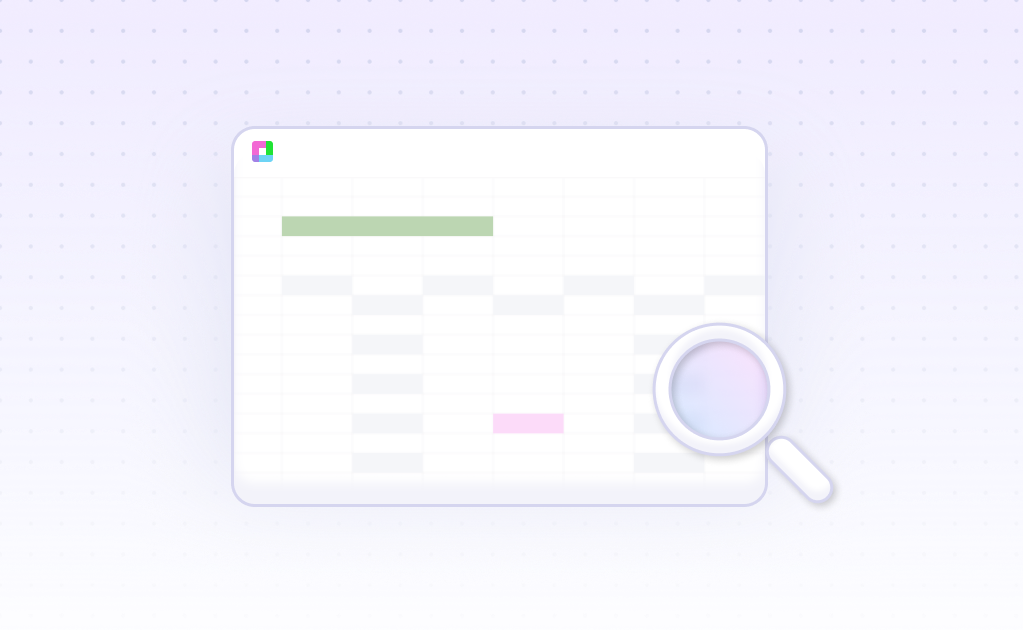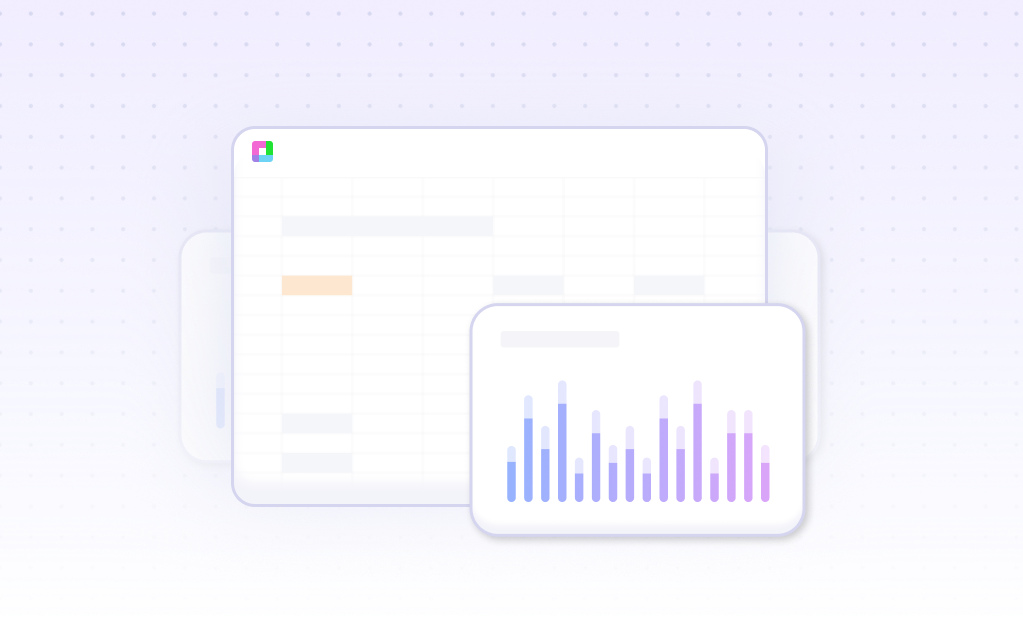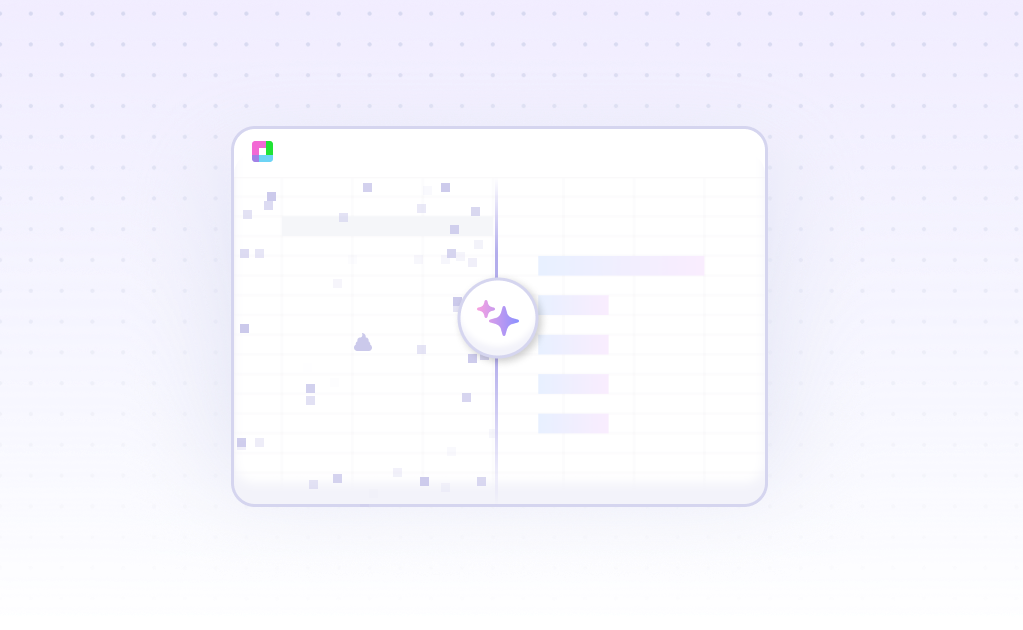
Introduction
Risk factors analysis helps organizations identify, assess, and mitigate potential risks across their operations. Traditional tools like @RISK, an Excel add-in, use Monte Carlo simulation to calculate thousands of possible outcomes for investment planning, cost estimation, and engineering reliability. This approach has proven valuable for analyzing oil reserves, capital requirements, and portfolio optimization.
Modern AI-powered alternatives like Sourcetable streamline risk analysis by combining spreadsheet functionality with natural language processing. Unlike Excel, Sourcetable syncs with databases and over 100 business applications, including Stripe and Quickbooks. Its AI copilot helps users analyze data through SQL queries, automated chart creation, and direct database communication without requiring advanced technical skills.
Learn how to perform comprehensive risk factors analysis using Sourcetable's AI-native platform, which you can try at sourcetable.com/signup.
Why Sourcetable Is Superior for Risk Factors Analysis
Structured benefit-risk assessments in Sourcetable offer greater transparency and improved understanding compared to traditional Excel methods. While Excel requires manual creation of source tables and separate summary tables, Sourcetable streamlines this process through AI-powered analysis.
Unlike Excel's pivot table approach, Sourcetable enables direct comparison of treatment options through its structured benefit-risk assessment framework. This structured approach makes complex risk analysis more accessible and comparable across different scenarios.
Sourcetable's AI capabilities enhance the traditional spreadsheet model by automating data transfer from existing assessments, similar to Prevalent's FastTrack Assessment system. This automation reduces manual data entry errors and accelerates the analysis process compared to Excel's manual workflow.
Benefits of Risk Analysis with AI-Powered Spreadsheets
Risk analysis forms the foundation of effective risk management, helping companies measure exposures, prepare for challenges, and make informed decisions. Through comprehensive risk analysis, organizations can improve business performance and navigate uncertainties with confidence.
Why Choose Sourcetable Over Excel for Risk Analysis
Sourcetable, a networked AI-powered spreadsheet designed for knowledge workers, offers significant advantages over traditional Excel workflows. While Excel serves general project management and tracking needs, Sourcetable's AI capabilities enable automated data entry, comprehensive analysis of large datasets, and pattern identification.
The platform's AI-driven features generate accurate forecasts from historical data trends and create comprehensive visualizations automatically. These capabilities enhance data storytelling and improve communication of risk insights across organizations. Through automated decision-making tools and natural language processing, Sourcetable streamlines the risk analysis workflow compared to manual Excel processes.
Risk Factor Analysis with Sourcetable: Advanced Spreadsheet Assessment Tools
Sourcetable combines traditional spreadsheet risk assessment with AI-powered analysis capabilities. The platform quantitatively measures complexity through systematic scoring while qualitatively evaluating materiality via questionnaires.
Automated Risk Assessment Features
The AI engine automates data collection and analysis across departments, generating instant visual representations of risk trends. Machine learning capabilities enable predictive risk assessments and identify emerging threats through comprehensive data analysis.
Enhanced Survey Analysis
Workflow automation augments risk surveys with text analysis capabilities. The system converts survey responses into materiality scores and identifies custom risk factors. Based on scored materiality, appropriate controls are automatically assigned.
Comprehensive Complexity Evaluation
The risk assessment model evaluates linked source complexity within spreadsheets. This systematic scoring combines with AI-driven scenario creation for realistic risk evaluation across organizational departments.
Use Cases for Risk Factors Analysis with Sourcetable
Marketing Risk Assessment |
Analyze marketing campaign risks using correlation matrices and factor analysis. Visualize data to identify high-impact risks and develop mitigation strategies based on likelihood and severity. |
Financial Risk Management |
Systematically evaluate financial risks through exploratory and confirmatory factor analysis. Monitor critical functions and allocate resources based on risk assessment matrix priorities. |
Research Risk Evaluation |
Conduct research risk analysis using correlation matrices and visualization tools. Prioritize risks based on potential impact and likelihood, enabling effective resource allocation. |
MSP/MSSP Risk Assessment |
Help managed service providers identify and monitor potential risks over time. Use risk assessment matrices to protect critical functions and develop systematic mitigation strategies. |
Frequently Asked Questions
What is risk factors analysis and what insights can it provide?
Risk factors analysis identifies underlying relationships between variables in a dataset, reducing large sets of variables into smaller, meaningful factors. In studies like cardiovascular disease analysis, it can reveal the most significant risk factors (such as age, sex, and hypertension) and their correlations with disease prevalence, enabling better understanding of health risks.
How does Sourcetable make risk factors analysis easier compared to traditional spreadsheets?
Sourcetable combines familiar spreadsheet features (A1 notation, cell-based referencing) with AI capabilities and cloud computing to analyze large datasets in sub-second time. Its AI copilot helps with spreadsheet work, it can sync with over 100 business applications, and it allows users to talk to their databases naturally. The platform can handle billion-row datasets and automatically updates models in near-real-time.
What are the key steps in performing risk factors analysis using Sourcetable?
In Sourcetable, risk factors analysis typically involves normalizing numerical variables, handling missing values, detecting multicollinearity through VIF calculation, and removing irrelevant variables. Machine learning classifiers can then be applied to identify the most significant risk factors and their relationships, with results visualized through ROC curves and importance rankings.
Conclusion
Excel's @RISK add-in provides powerful Monte Carlo simulation capabilities for analyzing risk across multiple sectors, including investment planning, cost estimation, and engineering reliability. This tool calculates thousands of potential outcomes and their probabilities, helping decision-makers identify which risks to pursue or avoid.
The traditional risk assessment process follows four key steps: identifying risks, determining criteria, assessment, and prioritization. These steps can be streamlined using Sourcetable, an AI-powered alternative that combines Excel's functionality with advanced analytics. To start conducting risk analysis with Sourcetable today, sign up for a free account.
Recommended Analysis Guides
Connect your most-used data sources and tools to Sourcetable for seamless analysis.
Frequently Asked Questions
If your question is not covered here, you can contact our team.
Contact Us




